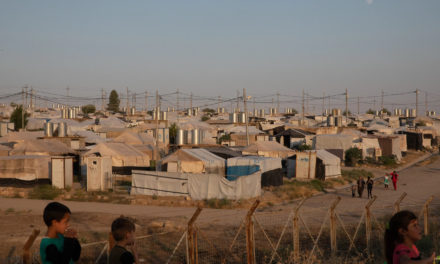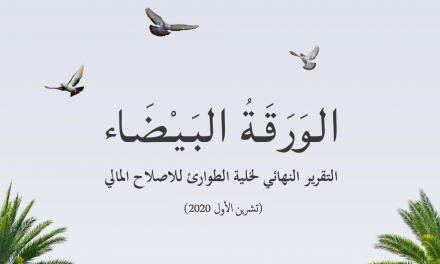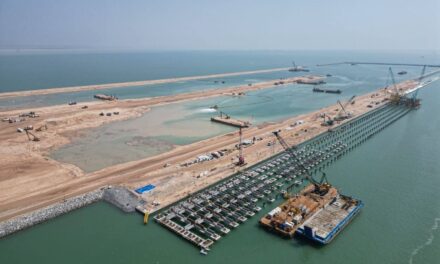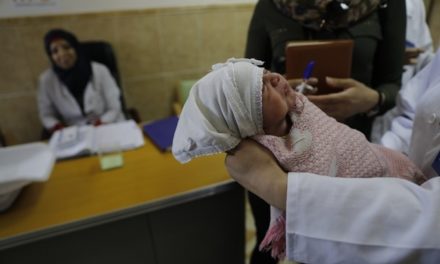Energy represents the most essential sector in Iraq’s economy. The International Energy Agency’s (IEA) second report on Iraq’s oil and gas industry that was recently published is highly regarded in the industry and its findings point to several important issues that pose as obstacles in the path of improving the sector. One of the most important matters in the oil and gas sector is the lack of water to enhance the production, in addition to the problems such as flaring gas and issues within the refining systems. The report also has a special focus on the lack of electricity and proposes solutions to overcome this chronic issue, which will be summarized.
Concerning the gas sector, Iraq has to boost the stand-alone gas reservoirs investment like Akkas in the west, al-Mansoria in the middle, and Sebah in the south of the country. On the other hand, it needs to increase the collection of the associated gas. In this regard the Basra Oil Company made some important improvements by collecting about 10 billion cubic meters (bmc) per year. It is predicted that the production of gas will be boosted upwards to 50 bcm during the next decade. Iraqi gas is full of ethane which can help the country with improving its petrochemical industry, making it more competitive as ethane is considered a key feedstock for petrochemical production.
To achieve a stable supply of low-cost ethane feedstock, the first step is the reduction of gas flaring in order to allow the gas to be used for production purposes. Iraq also needs gas processing facilities to separate dry gas and natural gas liquids (NGLs). On the other hand, Iraq needs to complete the mentioned process through separate dry gas and NGLs through special facilities.
To achieve the goals of production set by the federal government, Iraq needs to invest in large-scale water treatment projects to supply water for re-injection in the oilfields in the South region. Investment in such projects can yield huge dividends. In order to achieve the goals of production, the acceleration of building the Common Sea Water Supply Project (CSSP) facility is needed, because it provides 5 million barrels per day (mb/d) of water at an estimated capital cost of around USD 5 billion, which could unlock crude oil production of over 400 kb/d by 2030 and generate an estimated USD 50 billion in cumulative revenue by 2030.
As a short-term solution, the water supply needs to be procured from other sources until the CSSP is brought online around 2023. Potential options also include expanding existing facilities, using industrial water or increasing the rate of reuse and recycling of produced water. Iraq also can procure water from aquifers or surface water; however, this is a temporary solution, because the lack of existing water, demand by other sectors, and concern about the sustainability of freshwater use are pressing issues that need to be dealt with in the long-term.
One of the major issues facing Iraq’s refining sector is the lack of upgrading and hydro-treating facilities that can increase the ratio of desulphurization and increase the high-value outputs. Repairing the Baiji refinery needs to be accelerated, as “it is not rational that one of the major producers of crude to spend between 2 and 2.5 billion US dollar per year to buy refined oil products”, as the report points out. This would also increase the operational refining capacity by 30%. On another hand, accelerating of building other refineries like Basra refinery, Fao refinery, and Karbala refinery should be considered a priority.
As for electricity production, bringing the share of renewables gradually up to 30% of electricity supply by 2030 would bring environmental gains without increasing total costs for electricity supply. Furthermore, the report suggests the following issues:
- Maintenance of the electricity grid, focusing on a small number of high impact areas.
- Applying a tax on all neighbourhood generators, specifically the kinds with high levels of health-damaging fumes, as well as increasing the fee collection for grid connections to incentivize more efficient use of electricity and bring down peak demand.
- Incentivize investment in new capacity by offering accelerated capital recovery.
- Decreasing grid losses and achieving more use of gas and renewables would free up 9 bcm of gas for other uses in 2030, plus 450 thousand barrels per day (kb/d) of oil for export.
- The maximum utilization of renewable energy resources, and call on importers to import the generators which work with renewable energy.
Last but not least, today’s exports are mostly medium-sour crudes (Basra Light), so it is suggested to set the exports to be more diverse with the addition of a heavier grade (Basra Heavy) and a new light grade.
Iraq’s oil export consists of about 60% of the country’s GDP. While all economy experts urge Iraq to be less dependent on oil and gas, the energy sector itself should grow in order to finance and facilitate the diversification of the Iraqi economy. The IEA report has important recommendations in this regard that decision-makers in Iraq need to consider when crafting their future policies.

Youssef Ali
Youssef Ali is a Ph.D researcher in international law. He specializes in international oil and gas law and is interested in Iraqi political and legal affairs.










